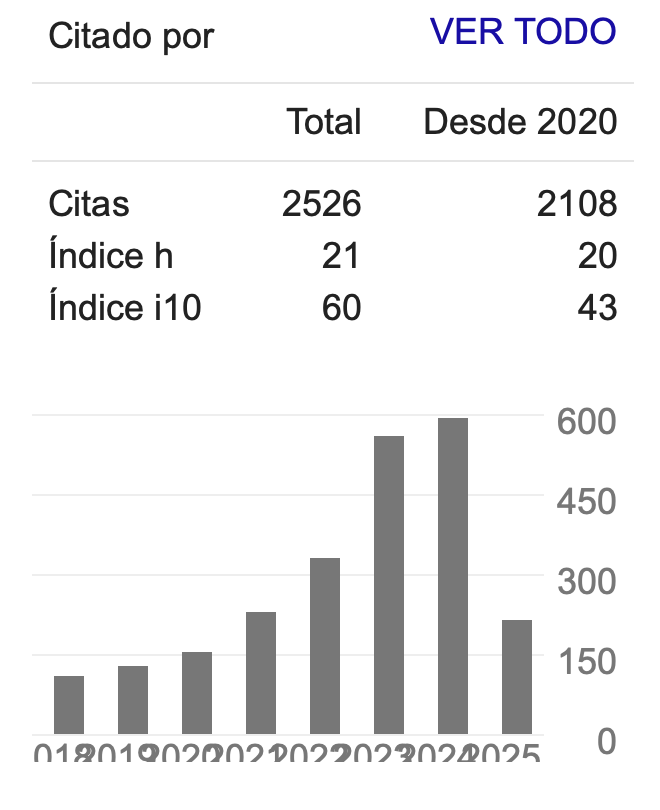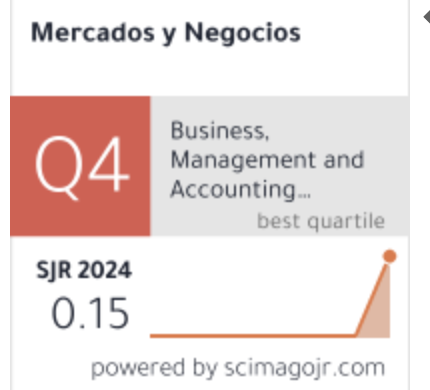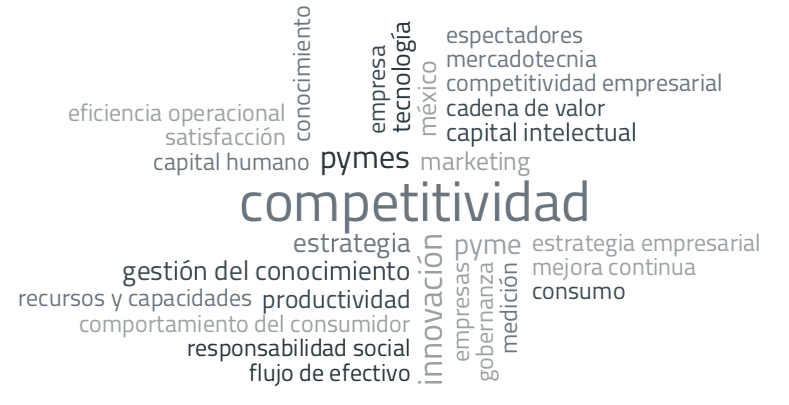A Value-Based Approach to AI Ethics: Accountability, Transparency, Explainability, and Usability
DOI:
https://doi.org/10.32870/myn.vi54.7815Keywords:
Artificial Intelligence Ethics, Accountability, Transparency, Explainability, UsabilityAbstract
As artificial intelligence (AI) becomes increasingly prevalent, ensuring its ethical development and deployment is paramount. This paper proposes a value-based approach to AI ethics, focusing on four key principles: accountability, transparency, explainability, and usability. By examining these principles, providing real-world examples, and discussing implementation challenges, we contribute to the ongoing discourse on responsible AI development and offer practical insights for stakeholders across various industries.References
Amodei, D., Olah, C., Steinhardt, J., Christiano, P., Schulman, J., & Mané, D. (2016). Concrete problems in AI safety. arXiv preprint arXiv:1606.06565.
Bostrom, N. (2014). Superintelligence: Paths, dangers, strategies. Oxford University Press.
Bostrom, N., & Yudkowsky, E. (2014). The ethics of artificial intelligence. In K. Frankish & W. M. Ramsey (Eds.), The Cambridge Handbook of Artificial Intelligence (pp. 316-334). Cambridge University Press.
Brundage, M., Avin, S., Clark, J., Toner, H., Eckersley, P., Garfinkel, B., Dafoe, A., Scharre, P., Zeitzoff, T., Filar, B. ... Amodei, D. (2018). The malicious use of artificial intelligence: Forecasting, prevention, and mitigation. arXiv preprint arXiv:1802.07228.
Coeckelbergh, M. (2020). AI ethics. MIT Press.
de Vries, P. (2020). The ethics of artificial intelligence in the medical domain. Nature Machine Intelligence, 2(9), 486-488.
Dignum, V. (2018). Ethics in artificial intelligence: Introduction to the special issue. Ethics and Information Technology, 20(1), 1–3.
European Commission's High-Level Expert Group on Artificial Intelligence. (2019). Ethics guidelines for trustworthy AI. European Commission.
Fjeld, J., Achten, N., Hilligoss, H., Nagy, A., & Srikumar, M. (2020). Principled artificial intelligence: Mapping consensus in ethical and rights-based approaches to principles for AI. Berkman Klein Center Research Publication, (2020-1).
Floridi, L., Cowls, J., Beltrametti, M., Chatila, R., Chazerand, P., Dignum, V., Luetge, C., Madelin, R., Pagallo, U., Rossi, F., Schafer, B., Valcke, P., & Vayena, E. (2018). AI4People—An ethical framework for a good AI society: Opportunities, risks, principles, and recommendations. Minds and Machines, 28(4), 689-707.
Green, B. (2019). The government of mistrust: Expertise, discretion, and accountability after the 2008 financial crisis. Sociological Theory, 37(1), 5-26.
Gupta, M. R., Cotter, A., Fard, M. M., & Wang, S. (2018). Proxy fairness. arXiv preprint arXiv:1806.11212.
Hagendorff, T. (2020). The ethics of AI ethics: An evaluation of guidelines. Minds and Machines, 30(1), 99-120.
IEEE Global Initiative on Ethics of Autonomous and Intelligent Systems. (2019). Ethically aligned design: A vision for prioritizing human well-being with autonomous and intelligent systems. IEEE.
Jobin, A., Ienca, M., & Vayena, E. (2019). The global landscape of AI ethics guidelines. Nature Machine Intelligence, 1(9), 389-399.
Morley, J., Floridi, L., Kinsey, L., & Elhalal, A. (2020). From what to how: An initial review of publicly available AI ethics tools, methods, and research to translate principles into practices. Science and Engineering Ethics, 26(4), 2141–2168.
Rahwan, I. (2018). Society-in-the-loop: Programming the algorithmic social contract. Ethics and Information Technology, 20(1), 5–14.
Russell, S. (2019). Human compatible: Artificial intelligence and the problem of control. Penguin.
Selbst, A. D., & Powles, J. (2018). Meaningful information and the right to explanation. International Data Privacy Law, 7(4), 233-242.
Smurf, A. K., Garcia, M., & Caplan, A. L. (2019). Artificial intelligence, transparency, and the future of algorithmic decision-making. ACM Conference on Fairness, Accountability, and Transparency, 1-10.
van Dijck, J., & Powell, T. (2021). Social media platforms, public values, and the transformation of contemporary societies. International Journal of Communication, 15, 4344-4363.
Whittlestone, J., Nyrup, R., Alexandrova, A., Cave, S., & Mittelstadt, B. (2019). Ethical and societal implications of algorithms, data, and artificial intelligence: A roadmap for research. Philosophical Transactions of the Royal Society A, 377(2153), 20180127.
Wong, P. K., & Cheung, A. S. Y. (2022). Regulating artificial intelligence: A comparative analysis of global approaches. International Journal of Law and Information Technology, 30(2), 145-172.
Zeng, D., Chen, H., Lusch, R., & Li, S. H. (2021). Social media analytics and intelligence. IEEE Intelligent Systems, 36(6), 13-16.
Published
How to Cite
Issue
Section
License
Copyright (c) 2024 Vish Iver, Moe Manshad, Daniel Brannon

This work is licensed under a Creative Commons Attribution-NonCommercial 4.0 International License.
Mercados y Negocios by Department of Mercadotecnia y Negocios Internacionales. University of Guadalajara is licensed under a License Creative Commons Attribution-NonCommercial 4.0 International.
The author retains the copyright.








